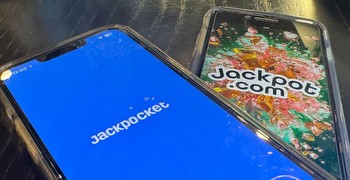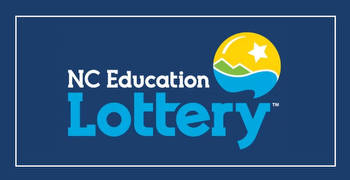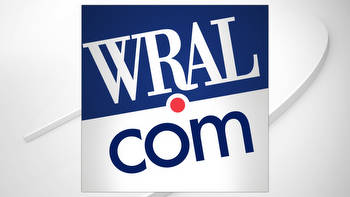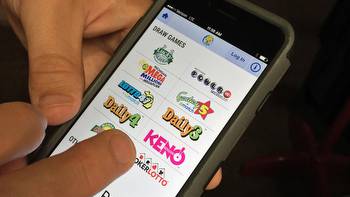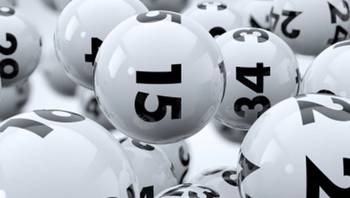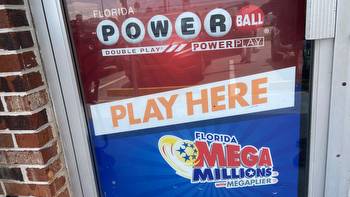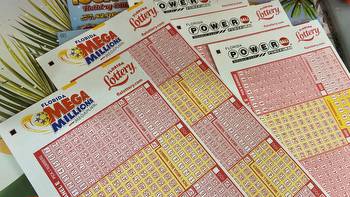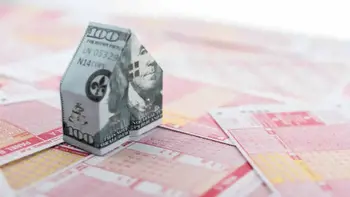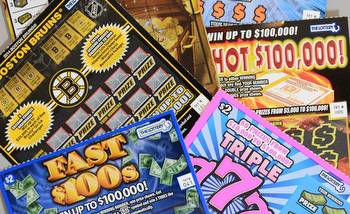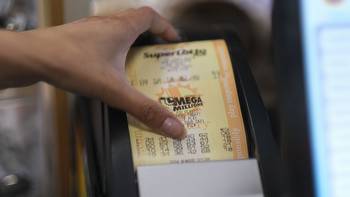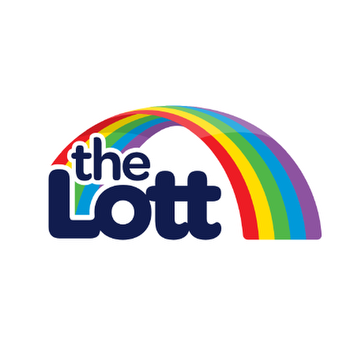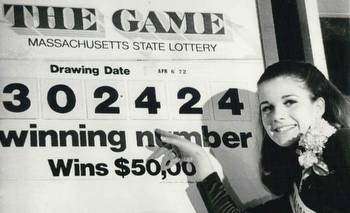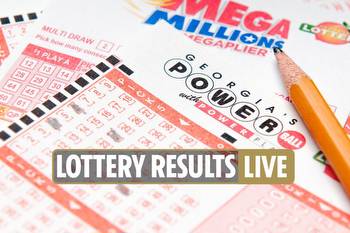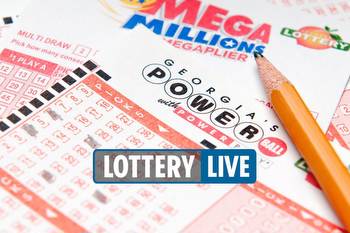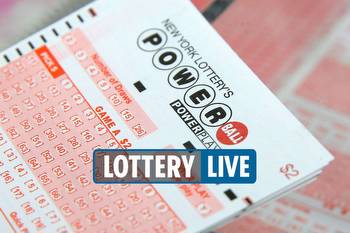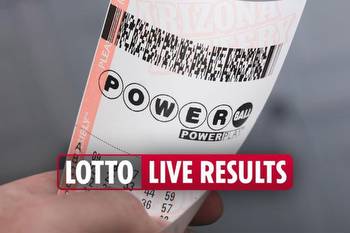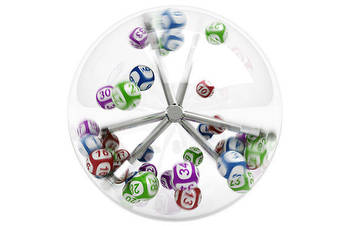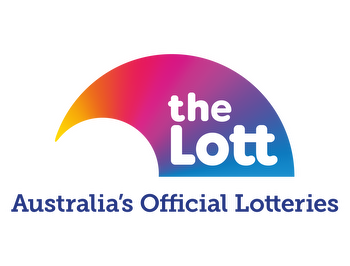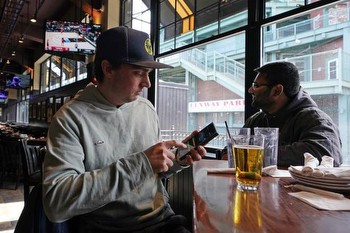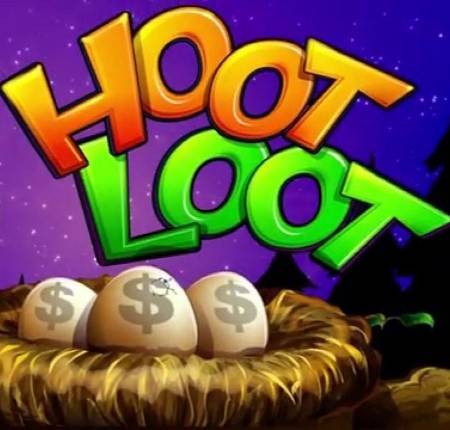Envisioning a Massachusetts ‘iLottery’

IF THE MASSACHUSETTS LOTTERY expands onto the internet with a new “iLottery,” what could it look like? Let’s spin the wheel.
Option 1 – Michigan. Started in 2014, the Michigan lottery is “the standard” for online lottery platforms, says interim Massachusetts State Lottery director Mark Bracken. The site hits you with a big payout draw game, bright banner ads for featured games, and a request to send you notifications about the iLottery’s offerings. Below, a series of colorful game icons pulls you into quick scratch-ticket-like games that would run you 10 cents to $20.
Option 2 – Illinois. This was the first online lottery in the country after the federal government declared online lottery sales legal. Like Michigan, a prominent draw game hits the eye first, but those draw games also continue down the page rather than dedicating much digital real estate to instant scratch games. But its new neon Fast Play section directs players to those quick-hit games after a registration page.
Option 3 – Pennsylvania. Here’s a more bare-bones style of site. White backdrop, scrolling ads for digital scratch games, and a simple collection of past winners, coupon collections, and a menu for directing players to draw games or instant scratch games.
Seven US states allow an online lottery: Georgia, Illinois, Kentucky, Michigan, New Hampshire, New Jersey, and Pennsylvania. Massachusetts is making strides to join them with backing from the House of Representatives and the governor so far.
There isn’t too much variation in offerings between online state lotteries, Bracken said, and that’s because the online lottery is mainly a suite of draw games and “e-Instant” games coming from only a handful of vendors.
Draw games, like MegaMillions and Powerball, involve the player picking a set of numbers. If a later drawing matches a certain amount of those numbers, the person wins something. The online experience of picking a few numbers is very similar to doing so in person, and those games really aren’t the draw, so to speak, of an online lottery.
Enter e-Instants. These games roughly simulate the experience of scratch-off tickets, but retooled for the quick-hit style of an online platform. They can have the energy of a slot machine and they’re cheaper to play than a standard scratch ticket – as low as 10 cents– but make up for that in scale. Rather than buy a $10 ticket and scratch away, an online player can churn through 100 of the 10-centcards.
Bracken estimates between 83 and 95 percent of online lottery offerings are e-Instants across the states.
A person can mime the scratch-off style by clicking on individual squares on a grid to reveal the number beneath it, or – to Bracken’s personal confusion – just opt to reveal the entire card with a quick click to see if there are any winnings.
“To me the scratch ticket is the anticipation,” he said, “more about the fun, the anticipation, the scratching. Sometimes, the disappointment.”A small number of e-Instants are “extended play” games, which are a bit more involved. Think crossword puzzles, bingo games, and coordinate targeting games like Battleship, but with money on the line.
Online lotteries are going to be in conversation with physical stores, where some owners are already worried about the prospect of losing in-person players, and the rise of sports betting. New Hampshire’s online lottery features prominent ads not only for its online offerings, but also sports betting sites like DraftKings.
The design of some online platforms can push players back to retail spaces, Bracken said. If a player spent enough time and money on the online lottery, they may get something like a $5 voucher that can only be redeemed in a physical store, he said.
If opening one of the other state lottery sites feels like a bombardment of colors and ads, well, that’s the point. But it doesn’t mean Massachusetts needs to follow suit.“I think if you look at other states, their sites are clearly working for the consumer but I consider them a little busy,” Bracken said. The existing Massachusetts Lottery website is a bit “cleaner and streamlined,” he said, and “if we do get the opportunity for an online lottery, I hope we’ll be able to keep it streamlined.”








